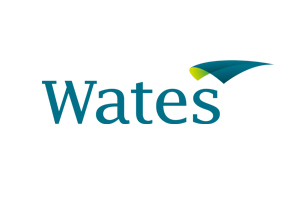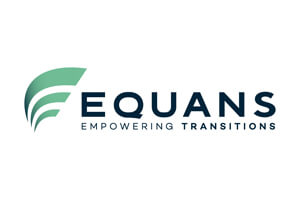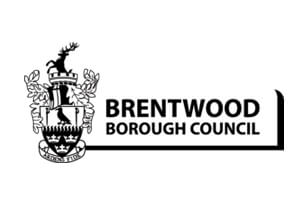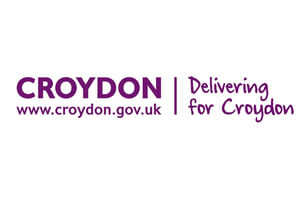The Procurement Act: evaluation and debrief
Procurement Law Trainer and Consultant Solicitor Kieran McGaughey covered evaluation and debrief in part two of our four-part training programme on the Procurement Act, attended by over 260 people.
Evaluation is a very important area to get right, said Kieran. It’s a crucial part of the current regime, and it’s likely to remain that way. It is also the most commonly challenged area of the procurement process.
He outlined some noteworthy legal cases involving evaluation including Woods vs Milton Keynes (2015) and Bromcom Computers Plc vs United Learning Trust (2022). The case involving United Learning Trust “sets a red flag for anybody who uses average scores,” said Kieran. While averaging scores is not necessarily impermissible of itself, the issue lies where there’s no discussion and reasons to support why someone was given a 4.2, rather than a 4 or 5 for example. Kieran said that he wouldn’t encourage the averaging of scores: “I think it’s much better if you can try and get people’s heads together, have a strong moderator and have that debate to try and end up with a score of either four or five. Rather than, just dividing it and ending up with 4.5 or whatever it may be.”
While there are no hard and fast rules on the required number of evaluators, three is often a good starting point, he said. It gives a range of viewpoints, an odd number can assist with the majority view when there’s a deadlock and on a practical level it is much easier to organise three diaries, than a larger number.
Evaluators should be subject matter experts, he said, and the quality of evaluators is much more important than the quantity, while moderators should have sufficient legal knowledge and be confident and assertive.
He urged attendees to be aware of conflicts of interest, potential conflicts of interest, and perceived conflicts of interest and pointed them towards guidance on conflicts assessments under the Procurement Act.
Kieran gave his top five tips on drafting evaluation questions, which include being clear on what is important to you and not cramming multiple topics into one question.
He talked about the importance of getting the right scoring matrix and the proposed changes to the debrief process, which will see standstill letters replaced with assessment summaries.
The procurement officer’s role is to be a sieve, not a postbox, he said – to intervene, interrupt and set people straight where necessary, rather than just passing on messages and blindly following requests.
Session three, focused on Contract Management and Modification, will take place on Friday 25 October, from 10am – 12pm. Find out how to join at https://www.echelonip.co.uk/conference/procurement-act-session-3-4/
Read next: Kieran McGaughey gives overview of the Procurement Act






























